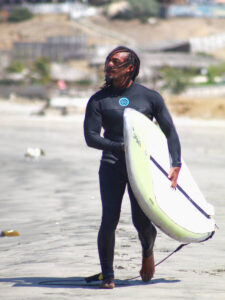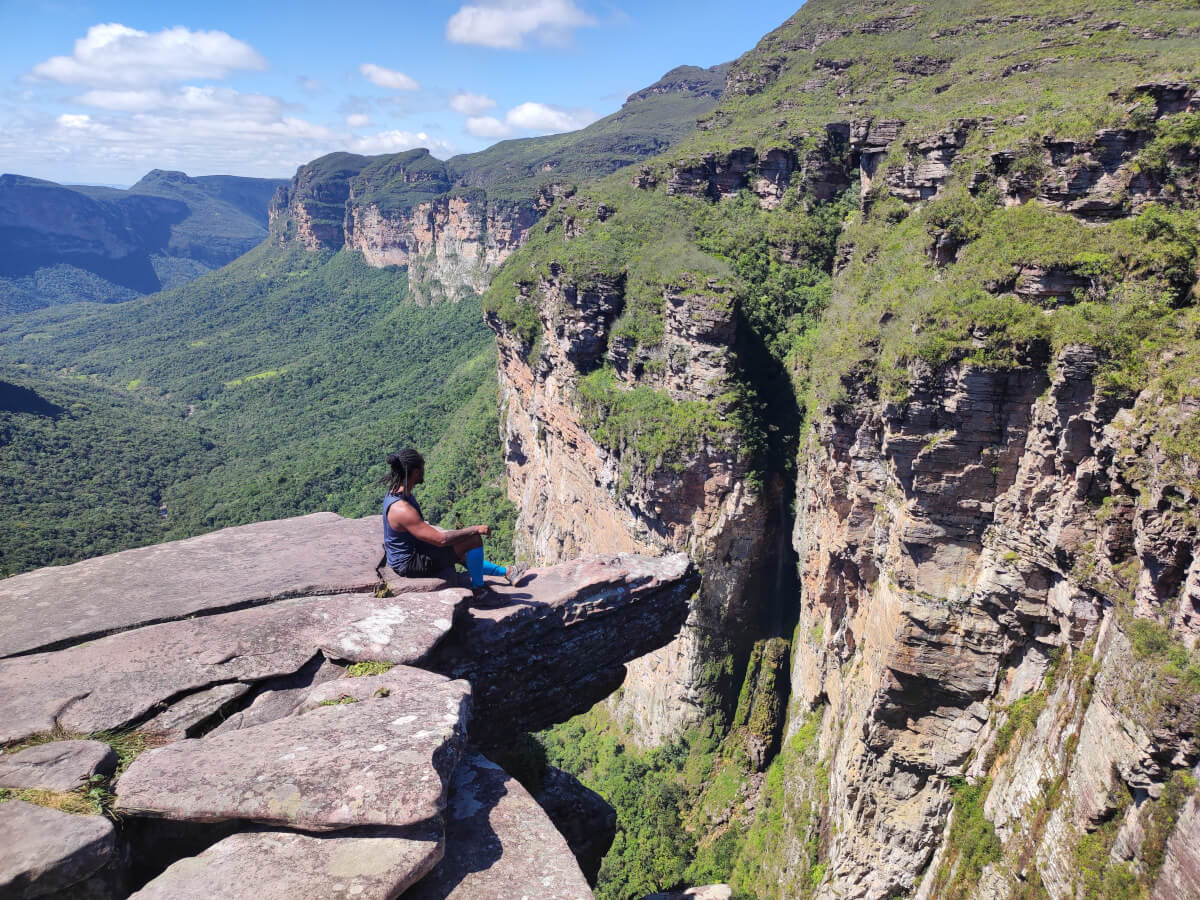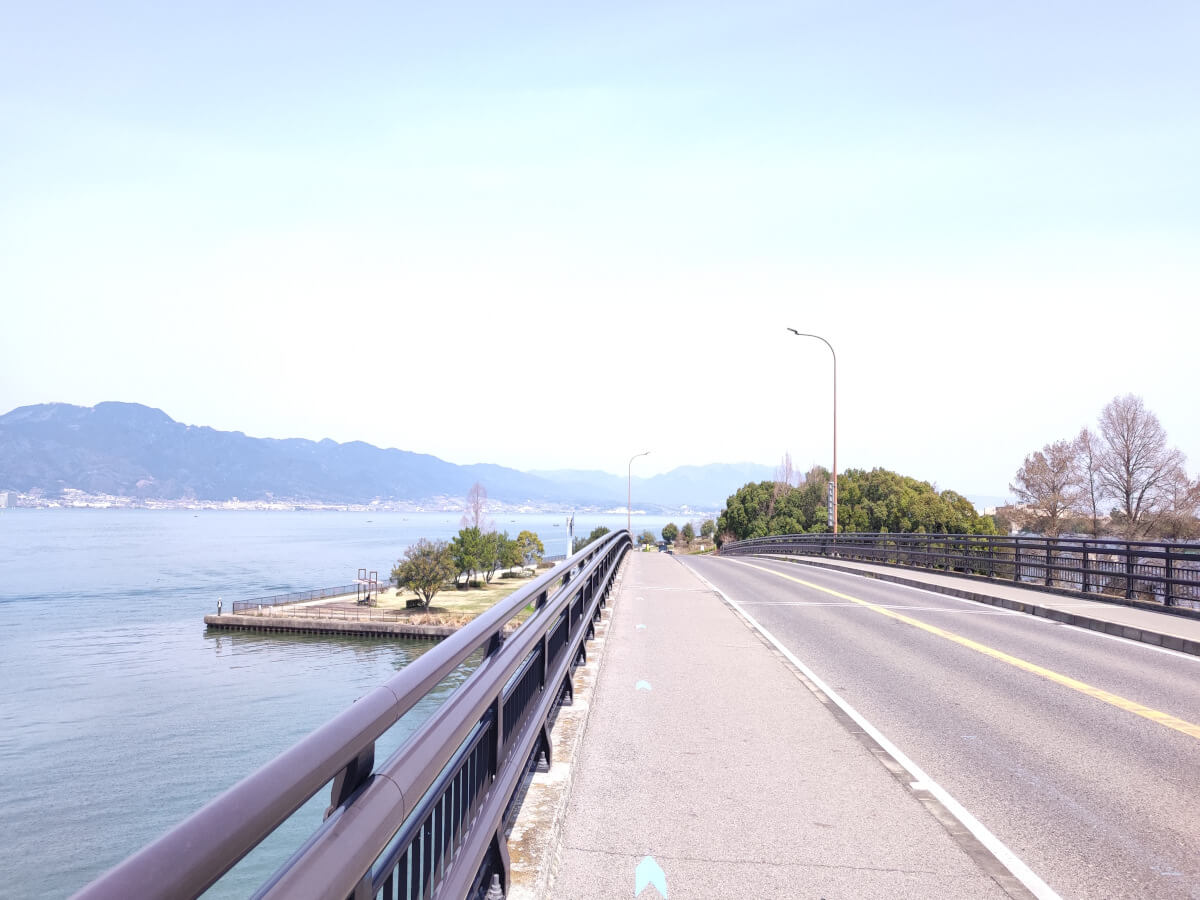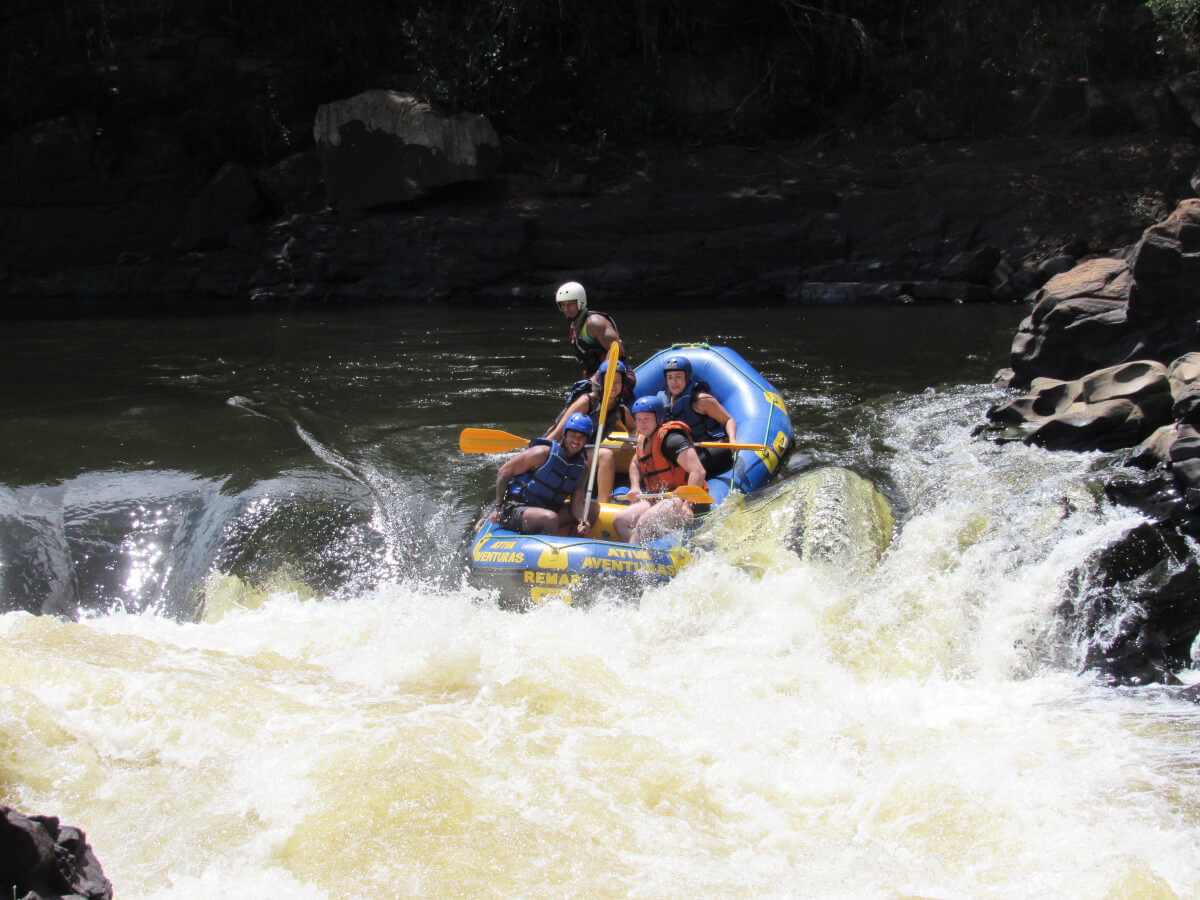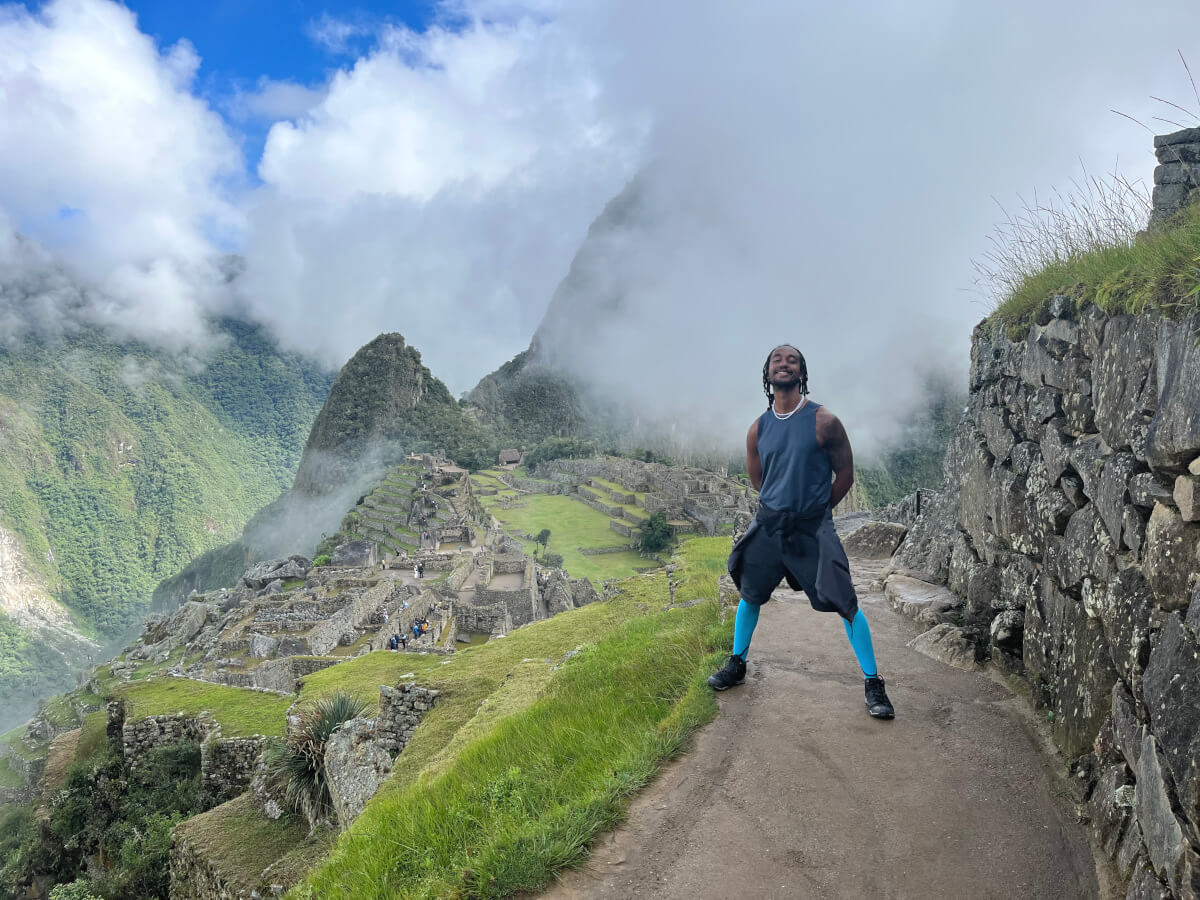Fasting while traveling can be challenging, especially with varying time zones, irregular schedules, and different food options. This article explores these challenges and shares some tips for those who want to continue fasting while traveling.
Science has conducted numerous studies on how fasting is beneficial for the body. Some of the benefits are weight loss, lower blood pressure, and better brain health.
Even though fasting is not for everyone, it is natural that some are willing to continue doing it while on the road to maintain its benefits.
Whether you fast for health or religious reasons, we will explore ways you can improve your experience outside of your home. Let’s get started!!
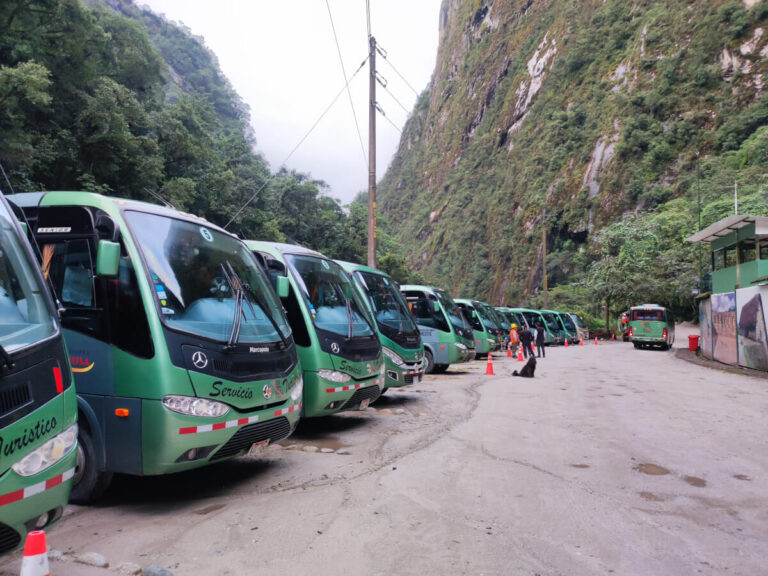
Table of Contents
Types of fasting
People fast for different reasons, and there are different types of fasting. Depending on your reasons, some types are shorter than others. I personally love intermittent fasting. For more than two years, it was part of my routine until I started bulking.
While bulking, it is necessary to eat a lot of calories to build muscle mass. In my case, it was around 2700 – 3300 kcal per day. It was very hard to eat all of these calories in an 8-hour window.
These are the most common types of fasting people do:
Intermittent Fasting (IF):
16/8 Method: Fast for 16 hours, eat within an 8-hour window.
12/12 Method: Fast for 12 hours, eat within a 12-hour window.
20/4 Method: Fast for 20 hours, eat within a 4-hour window.
Extended Fasting: Typically lasts 24 hours or more.
Religious Fasting: Varies by tradition, often lasting from sunrise to sunset or for a full day.
Periodic fasting can help clear up the mind and strengthen the body and the spirit.
Ezra Taft Benson
Challenges of fasting while traveling
Fasting while traveling introduces unique challenges that can make it difficult to maintain your fast while still enjoying your journey.
Sometimes, even if you are prepared and have organized your time carefully, disruptions in the routine can happen, or even access to suitable foods to break your fast.
Keep your mind open and be aware that it might not be possible to do it, depending on your destination or for how long you will be traveling.
Disrupted routine
Irregular Schedules: Traveling often means unpredictable schedules, including long flights, layovers, and changes in itinerary. This can disrupt your regular eating and fasting times, making it hard to be consistent.
Time Zone Differences: Moving across time zones can create confusion about when to start and end your fast. Adapting to new local times while sticking to your fasting schedule can be challenging, especially if you’re crossing multiple time zones in a short period of time.
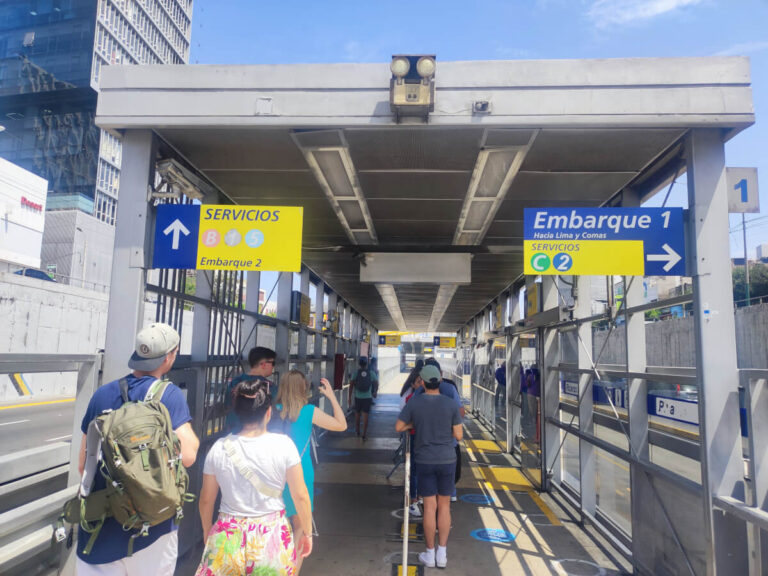
Limited access to suitable food
Unfamiliar Cuisines: In a new destination, you might find it hard to get food or meals that are suitable for breaking your fast. This is especially true if you’re in a region where your preferences are unusual or if you have specific nutritional needs during fasting.
Inconsistent Availability: Finding food at odd hours (like late evening) can be difficult, depending on where you’re traveling. In some countries, like Austria, all supermarkets are closed on Sundays with a few exceptions. Not all places offer 24/7 food options, and you might struggle to find something nutritious to eat at the right time.
Dehydration risks
Hot Climates: If you‘re traveling in a hot or humid climate, staying hydrated is crucial, but it’s challenging when you’re fasting. The risk of dehydration is higher, especially if you’re doing physical activities or spending a lot of time outside.
Long Travel Hours: Long flights or road trips can aggravate dehydration, as it’s easy to forget to drink enough water before the fast begins. Airplane cabins, in particular, are notorious for dry air, which can lead to dehydration faster than usual.
Physical and mental fatigue
Energy Drain: Traveling can be physically exhausting, and fasting can intensify the sensations of fatigue. This is especially challenging if your trip involves a lot of walking, hiking, or other activities. If you are an active reader of this blog, you are definitely the type of traveler who is always looking for ecotourism activities in your destination.
Mental Stress: The stress of traveling to a new place, managing travel logistics, and staying on schedule can intensify when you’re fasting. Hunger and thirst can make it harder to focus and remain patient.
Social and cultural differences
Lack of Understanding: In non-Muslim countries where fasting is unusual, you might face a lack of understanding or support from locals or even other fellow travelers. This can make it difficult to explain your fasting needs or to find appropriate accommodations.
Temptations: Being in a new environment often means exposure to tempting local foods, street vendors, and food markets. Resisting these temptations can be tough when you’re fasting.
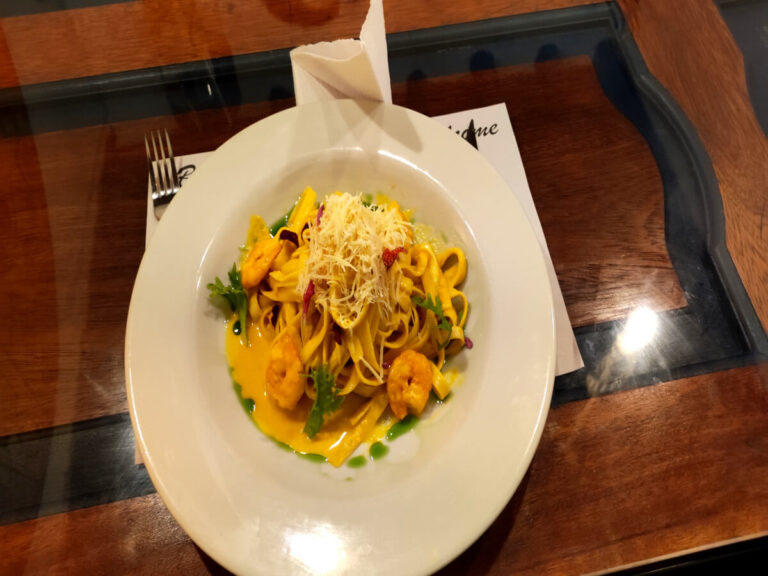
Health concerns
Managing Health Conditions: If you have any health conditions that can be affected by fasting, such as diabetes or low blood pressure, managing these while traveling can be tricky. The added stress of travel can sometimes make these conditions worse and the fasting even more challenging.
Jet Lag: Jet lag can disrupt your sleep patterns and, consequently, your fasting routine. The fatigue and disorientation caused by jet lag can make it harder to maintain a regular fasting schedule and eat the right foods at the right times.
Logistical challenges
Customs and Security Checks: Going to the airport security and customs with snacks or meals can be problematic. Certain foods may not be allowed, and you might have to discard them before boarding a flight.
Travel Delays: Unexpected travel delays, such as flight cancellations or missed connections, can disrupt your fasting schedule, leaving you without access to food or water when needed.
Tips for fasting while traveling
Now that you know about the types of fasting and the challenges of incorporating fasting while traveling, let’s discuss how you can make this happen on your journey.
Even though it is challenging, these tips will help you continue fasting without messing up your travels. The key factors are the destination, and the distance you will travel, so a bit of planning and thinking ahead will be necessary.
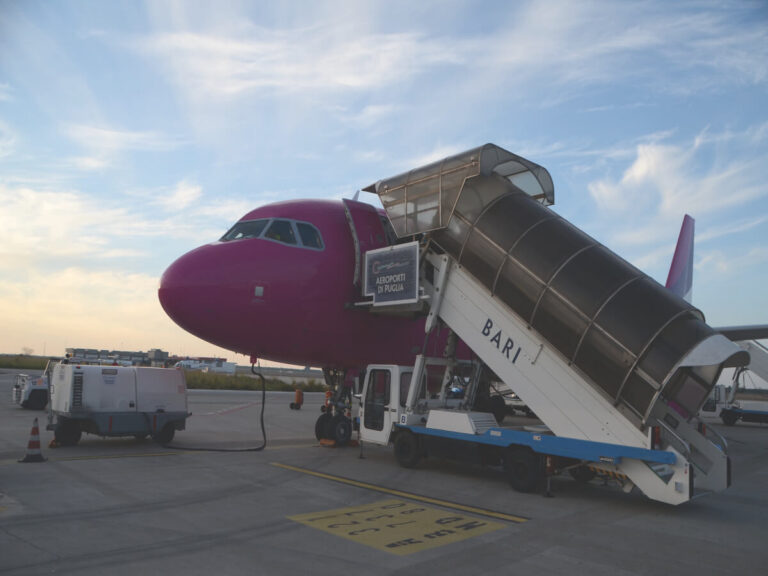
Plan Ahead
Research your destination: Look into the local food options to check if your dietary needs can be easily met, fasting hours if you’re observing religious fasting, and places where you can break your fast.
Pack essentials: If possible, bring non-perishable snacks like nuts, dried fruits, and energy bars that you can eat during your pre-dawn meal or to break your fast if you can’t find food.
Stay hydrated
Water intake: Make sure you drink plenty of water during non-fasting hours, especially if you’re in a hot climate. Carry a refillable water bottle to easily get water anywhere. In developing countries, where tap water is not safe to drink, a water bottle with a filter is essential.
Avoid caffeine: Caffeine can dehydrate you, so limit your coffee and tea intake during your fast.
Adapt to local time zones
Adjust fasting times: If you’re changing time zones, gradually adjust your eating schedule to align with your new location. This is more important for long flights where the destination is on another continent.
Use apps: Consider using a fasting app like Intermittent Fasting Tracker or 168 Fasting to help you track time zones and fasting hours, making it easier to manage to fast while on the go.
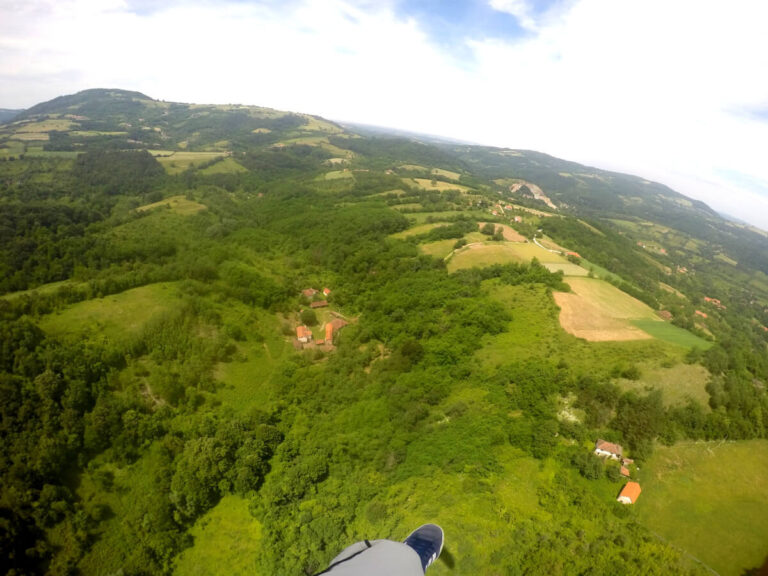
Choose nutritious foods
Balanced meals: Eat nutrient-dense foods during suhoor (early in the morning) and iftar (evening meal to break the fast). Include proteins, healthy fats, and complex carbs to sustain energy.
Avoid heavy or processed foods. These types of food can cause bloating or discomfort, which is especially challenging while traveling. They also provide poor nutrition to your body, with high levels of sugar and unhealthy fats.
Be flexible with your routine
Stay mindful: If you’re following religious fasting, modifying your routine slightly is okay if travel makes fasting too difficult.
Listen to your body: If you feel unwell or extremely fatigued, consider breaking your fast to maintain your health in good condition.
Prepare for long flights
Check airline policies: Some airlines offer special meal services for those who are fasting or want to eat before sunrise.
Plan your meals: Eat before boarding or during a layover, and try to sleep during fasting hours to minimize discomfort.
Mind your energy levels
Rest when needed: Traveling can be exhausting, so make sure you get enough rest and don’t push yourself too much.
Avoid extreme activities: If possible, schedule sightseeing or heavy physical activities when you’re not fasting. Walking tours and visits to museums are better options when fasting while traveling. A three—to four-day trek can be challenging to handle due to the amount of energy required.
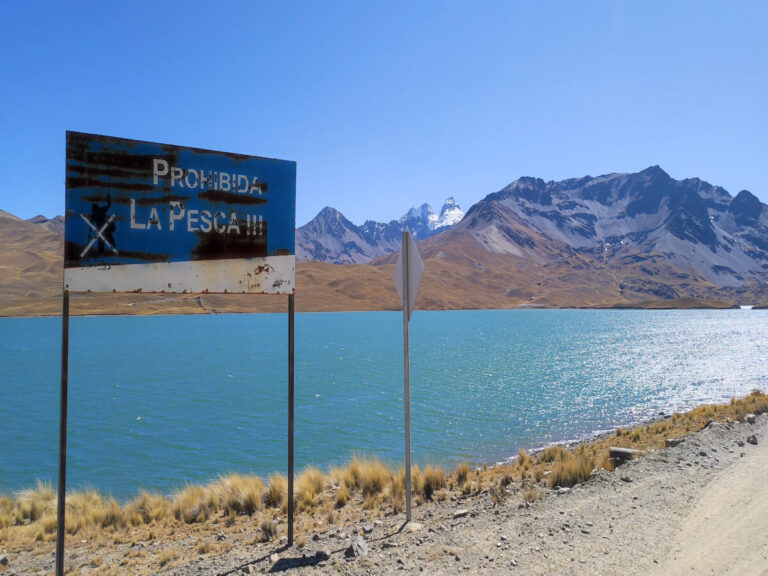
Be respectful and informed
Understand local customs: If you’re traveling in a non-Muslim country, be cautious and respectful about fasting practices, especially in public settings. As travelers, we are open-minded people seeking to understand things that are different from us, but locals might not have a similar mindset.
Stay informed: Keep up with any local or travel news that might affect your ability to fast, such as extreme weather or unexpected travel delays.
Conclusion
This article described the challenges of fasting while traveling and provided some tips to make your experience easier. It doesn’t matter the reasons you have to continue fasting while traveling; if you feel like you should do it, just do it.
Challenges are part of life, and it’s essential to learn from them and create strategies to overcome them, no matter how tough. This positive mindset can be a powerful tool in your fasting journey while traveling.
I hope that you learned something new today. If you love ecotourism and want to learn more about this type of tourism, consider signing up for my newsletter. You will receive emails about travel tips and the latest blog updates.
See you all in the next article!! Bye!!

